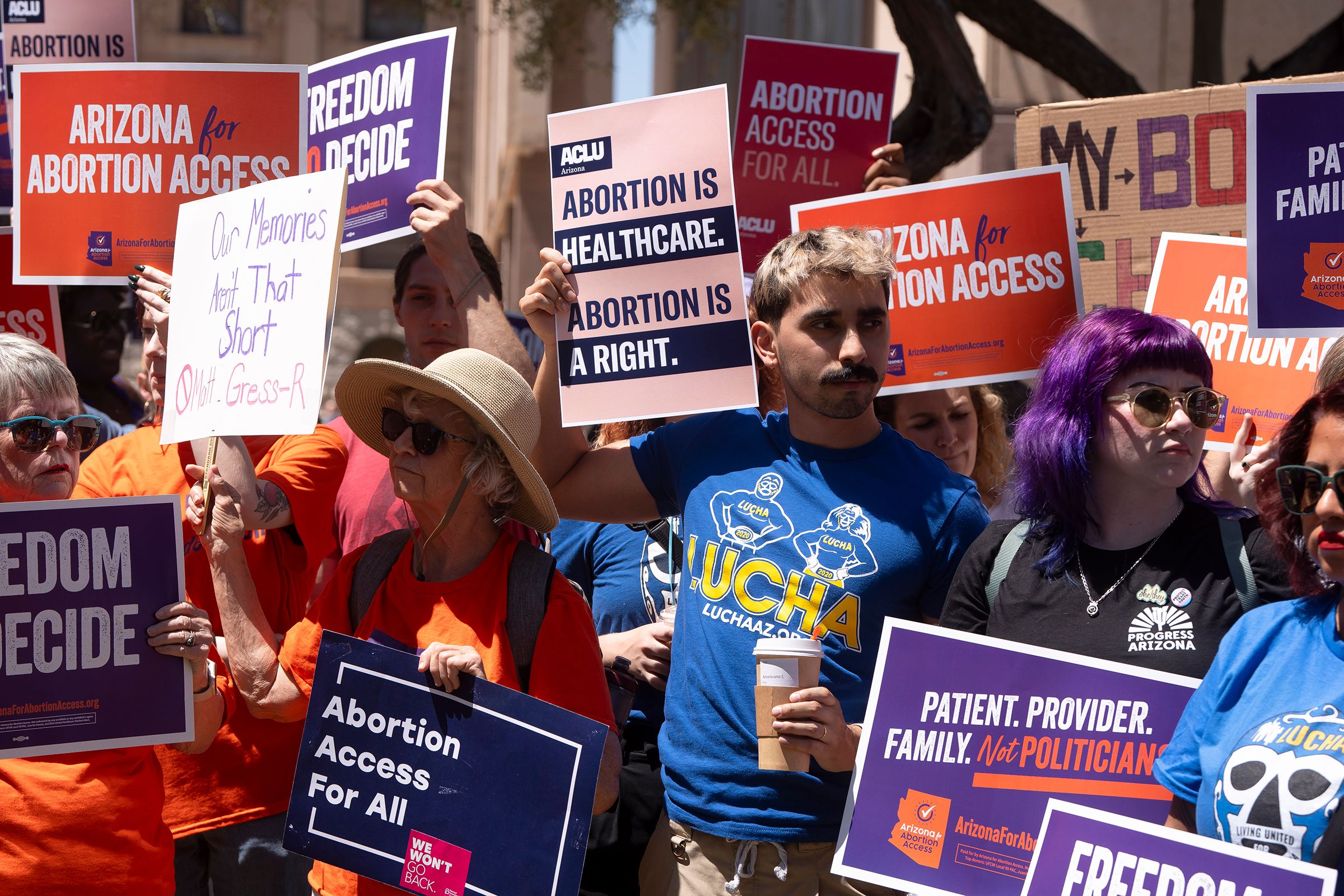
Understanding the Complex Landscape of Abortion Law During Divorce Proceedings
Navigating through the intricate and often confusing world of divorce and reproductive rights can feel like a daunting task, as it often broaches sensitive grounds. The evolving landscape surrounding abortion rights in Arizona, combined with the turbulent process surrounding a divorce, can create a cloudy atmosphere for those involved. This piece will delve into the legal considerations of abortion during divorce focusing on various crucial aspects like Arizona’s abortion laws, reproductive autonomy during divorce, and the impact of custody and paternity claims, amongst others.
Arizona’s Abortion Laws – A Prerequisite for Consent
Arizona’s abortion laws have undergone significant transformation in recent years. Current stipulations allow abortion under particular circumstances but accompany the decision with stringent regulations. The most critical aspect to sift through the legal language is the realization that the state of Arizona doesn’t require spousal consent for an abortion. Thus, this legislative verdict fortifies a woman’s right to exercise control over her body, irrespective of her marital status or any pending divorce proceedings. Arizona’s laws mandate informed consent, with a 24-hour waiting period, but neither spousal consent nor notification is a legal requirement.
Relevant Provisions in Arizona’s Abortion Policy
Arizona’s abortion laws, especially those inscribed in the Arizona Revised Statutes (ARS) § 36-2153 pivot around maintaining the individual’s autonomy. The statute demands informed consent for an abortion, which includes a comprehensive counseling process that discusses potential risks, alternatives, and gestational age.
Reproductive Autonomy amidst Divorce Litigation
Reproductive autonomy remains a protected right in Arizona, even when tangled in the web of divorce proceedings. The emotional nature of divorce can often introduce disagreements about major decisions, including those surrounding abortion, however, these contentious views cannot override an individual’s right to reproductive choices.
Intersection of Reproductive Rights and Divorce Disputes
Arizona’s restrictive abortion policies have added layers to the already complex divorce proceedings. Women may experience restricted access to reproductive healthcare and the palpable effects of these limitations can influence how legal disputes pan out.
How Do Abortion Laws Impact Custody and Paternity Claims
Abortion discussions can become further entangled when custody and paternity claims are thrown into the mix, particularly during an ongoing divorce. While Arizona law does not extend independent legal rights to an unborn child, conflicts surrounding paternity or prospective parental responsibilities can contribute to the complexity.
Paternity Disputes and Reproductive Rights
While parental rights are typically addressed after the birth of a child, the implications of abortion rights can significantly affect these discussions. Courts uphold that these decisions cannot be dictated by a spouse, ensuring that an individual’s reproductive rights are not infringed.
Addressing Privacy and Confidentiality Concerns
In scenarios where abortion decisions arise during a divorce, privacy concerns become paramount. The state law of Arizona stringently protects medical confidentiality, preventing healthcare providers from disclosing an individual’s medical decisions without their consent.
Physician-Patient Privilege and Reproductive Rights
Arizona’s commitment to physician-patient privilege (ARS § 12-2235) ensures that details surrounding medical decisions remain confidential unless the patient explicitly waives this right. This safeguard is particularly crucial in cases of domestic violence during pregnancy or where there’s coercive pressure from an abusive partner.
The Role of Appropriate Legal Guidance in Divorce Proceedings
Embarking on a divorce is already a strenuous process, further complicated when abortion-related decisions come into play. Having appropriate and experienced legal representation during such troubled times becomes vital. The attorneys at Colburn Hintze Maletta (CHM) specialize in understanding complex issues like these and strive to help you navigate through the legal maze.
Why Consult with a Legal Expert?
Qualified family law attorneys or criminal defense attorneys can guide you through Arizona’s laws, ensure your privacy, and address any misuse of the legal system potentially targeting abortion decisions. These matters necessitate legal expertise to ensure your rights are protected while helping you understand the state-specific restrictions.
Conclusion
The crossroads of divorce proceedings and reproductive rights, highlighted by the contentious issue of abortion, can be taxing for anyone to navigate. A deep understanding of Arizona’s law, coupled with the support of seasoned legal experts, can help drive a smoother journey through the tumultuous legal landscape.
Originally Post From https://www.chmlaw.com/abirtion-during-divorce-arizona/
Read more about this topic at
Agenda of Ordinary Meeting of Council – 12 March 2019


